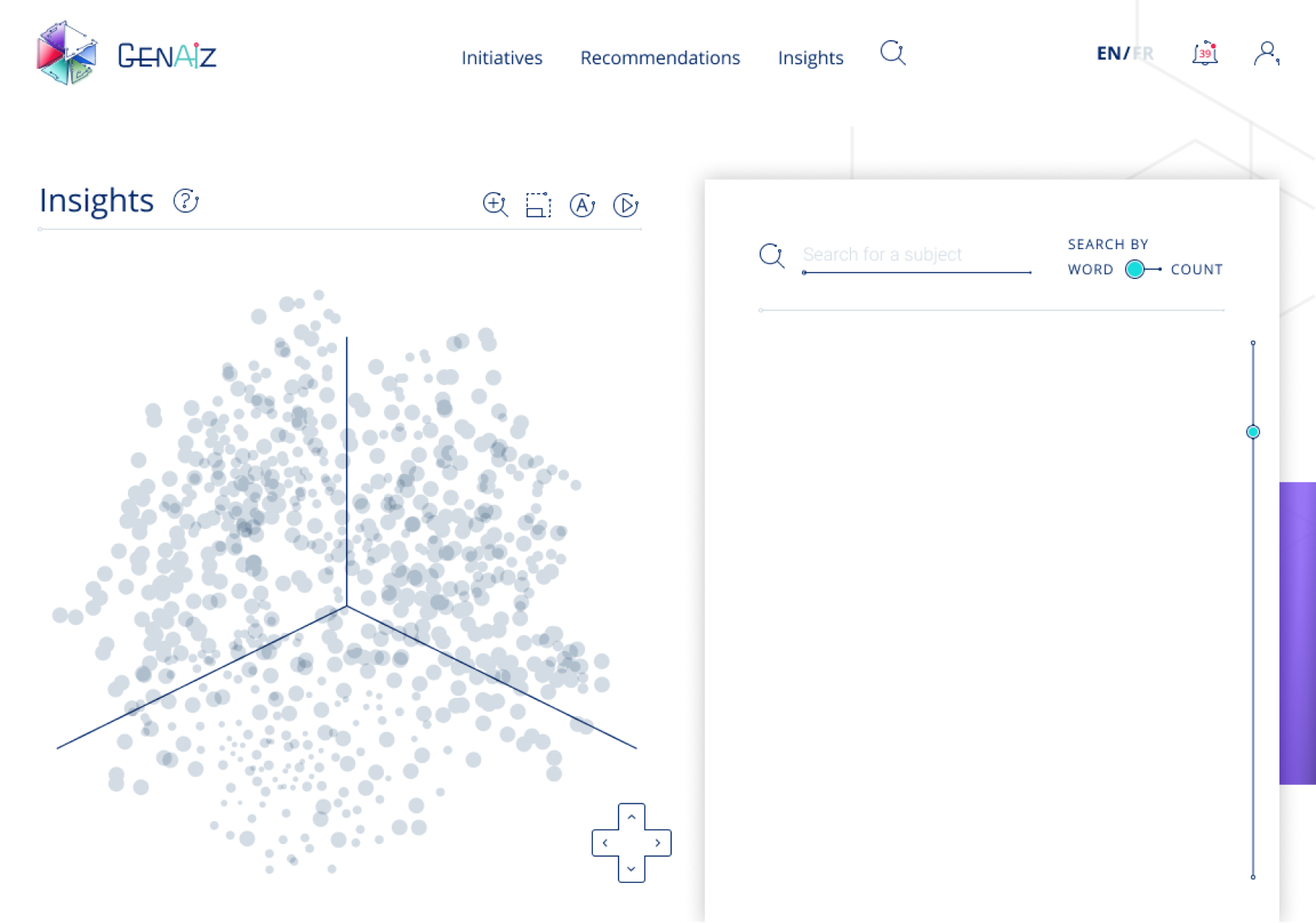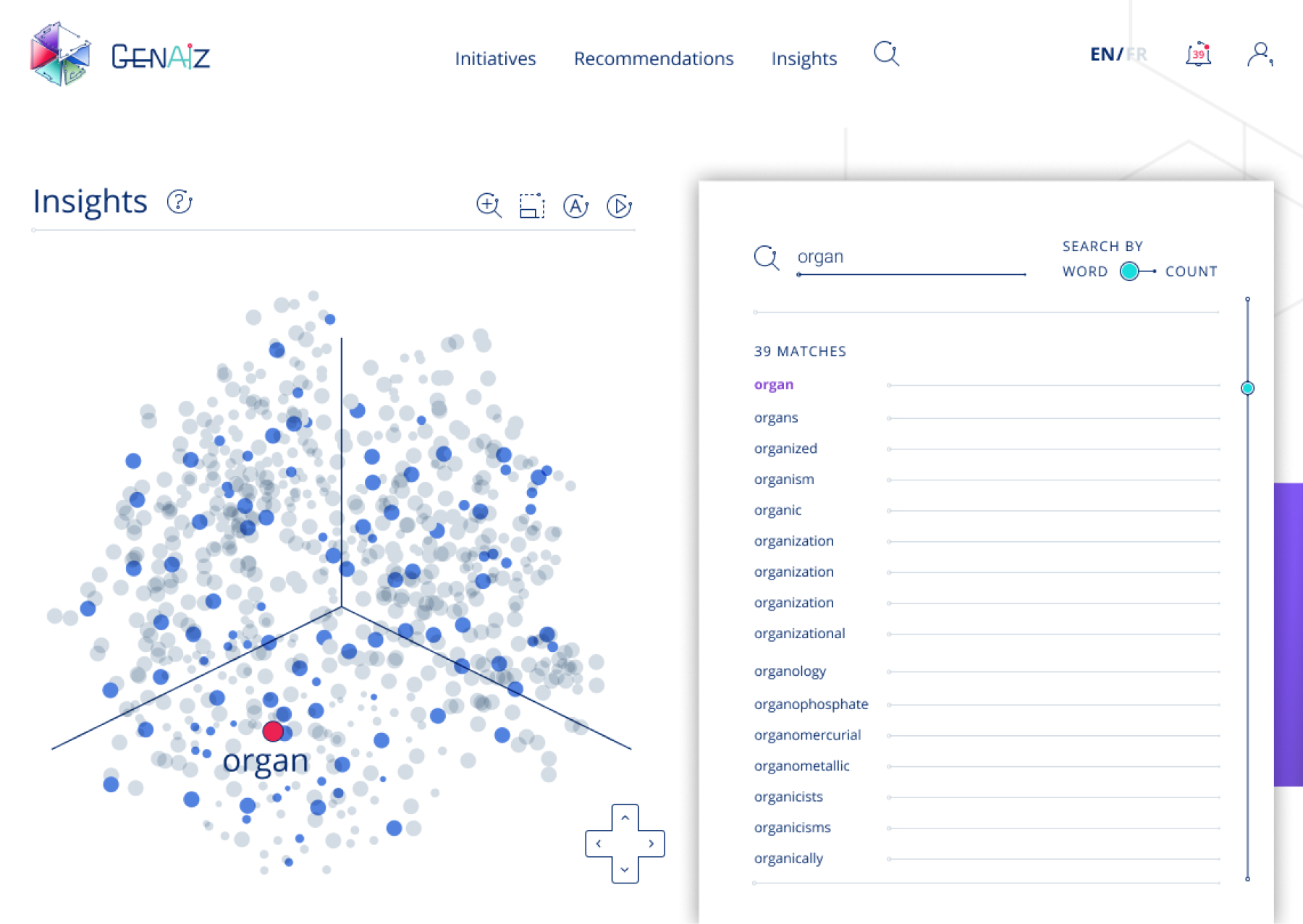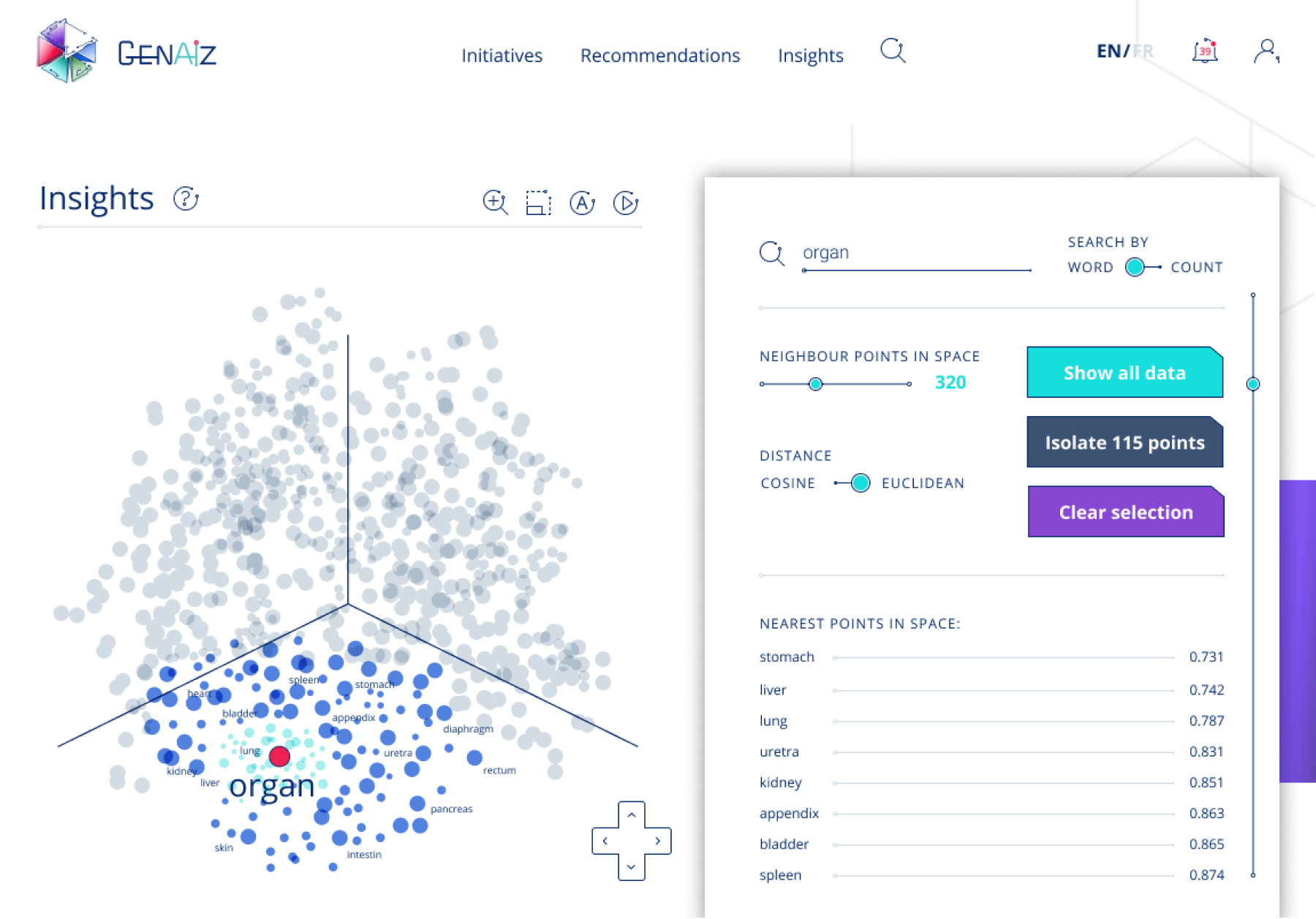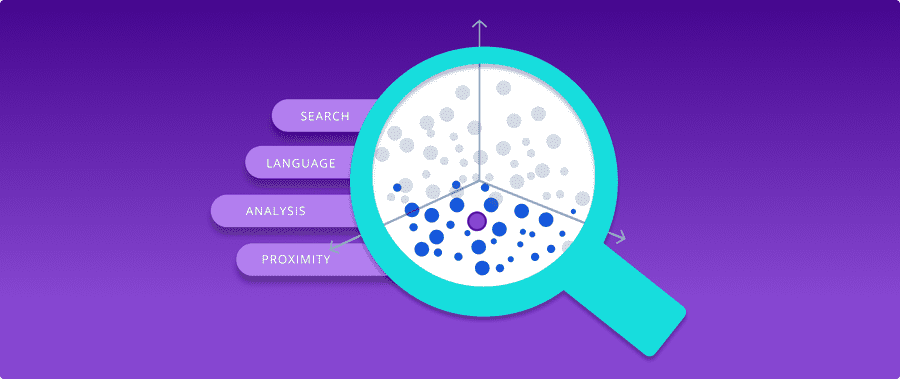Semantic Search for Healthcare and Life Sciences Organizations
One of the main difficulties during innovation for healthcare and life sciences organizations is limitations on data. The sheer size of their data, ease of access, ability to manipulate and success in drawing out answers to questions all determine how successfully an organization can leverage their data. It is simple. If an organization cannot leverage their data, they cannot benefit from the wealth of knowledge it holds. Currently for most organizations it is a nightmare and takes too much time and effort to properly utilize data, which affects their ability to innovate and perform.
There is an industry-wide need to create and interpret multi-platform data. Using natural language and semantic search is the solution.
Traditional searches use keyword matching to return results. Although it is the most common search algorithm used by almost all systems (including file systems, SharePoint, and most ERP systems), it often returns unsatisfactory results. This is often because traditional searches are keyword based and words do not always capture what you are actually searching for. Sometimes you do not know the exact search term, or the keywords are taken literally. All these problems add up to significant limitations on keyword searches. The context of a search is important in getting to the information you need. These limitations on results cause users to complain that the data they need is not available. The reality is the information is there, but it is not accessible because it cannot be found using keyword search.
Semantic search is a search with meaning. It is the search method widely used by Google that analyzes users' intent through logic and contextual meaning to generate and compile search results. Semantic search seeks to improve search accuracy by choosing points of reference such as synonyms, variation of words, concept matching and natural language queries to provide relevant searches. Not only is the way it searches important, but how the knowledge is retrieved plays a vital role. Collecting unstructured data and compiling it into structured ontologies enables a higher level of domain knowledge/more knowledgeable data base to search. When you switch to semantic search, results are generally more accurate, relevant, and useful.
GENAIZ Knowledge Navigator: Word Vector Visualizer (WVV)



GENAIZ is an AI (Artificial Intelligence)-driven software platform that specializes in data aggregation, knowledge management and semantic searching. Search platforms need enormous amounts of data to generalize and conduct informed searches. GENAIZ has a deep-learning based solution tailored for Healthcare and Life Sciences clients. With their large amounts of data, both external and internal, GENAIZ offers these organizations search tools that are far advanced over traditional methods.
The refined search and AI tools of GENAIZ are a huge time saver. Traditional searches can provide thousands of results that may or may not be related to your subject. If you had an expert looking through all the thousands of results to extract the necessary data to make recommendations and suggestions. Since most organizations do not have that option, having an intelligent search assistant like GENAIZ is the next best thing. The software can filter through thousands of documents easily and provide you with the top results quickly.
GENAIZ is the smart innovators' assistant. The platform offers users a way to browse and interact with their data and search results. The more informed and structured the data becomes, the faster you get the answers you need. With the ability to search data and collect satellite or peripheral ideas to your subject, GENAIZ users can identify and extract relevant knowledge while recovering insights that would otherwise remain unknown. GENAIZ helps innovators get to the knowledge they need faster so they can make decisions based on facts rather than intuition.
